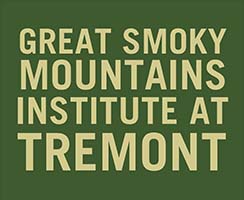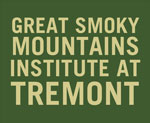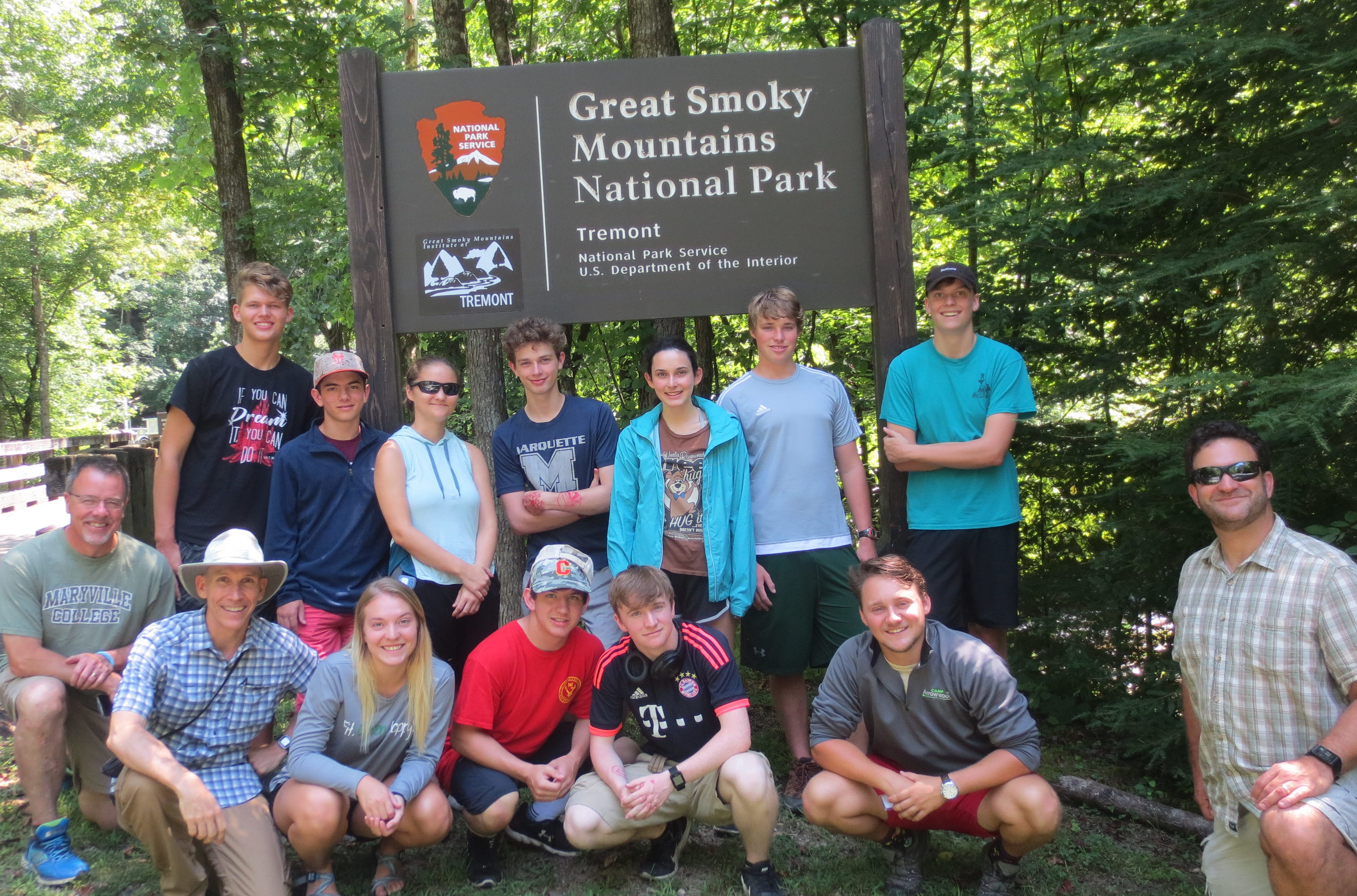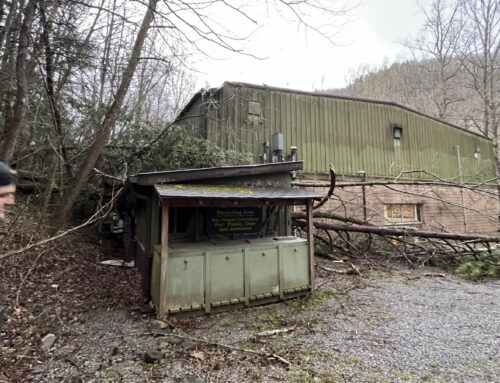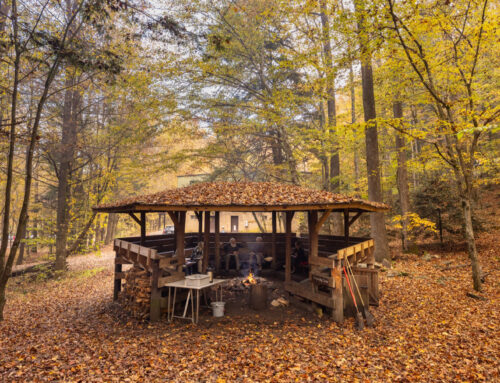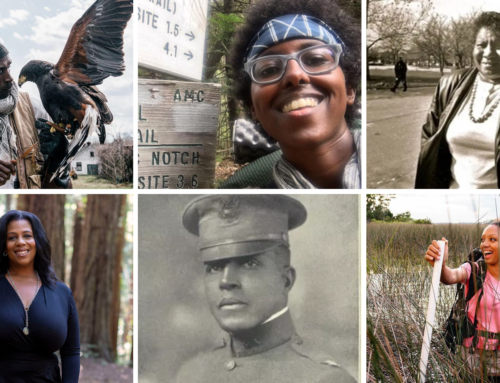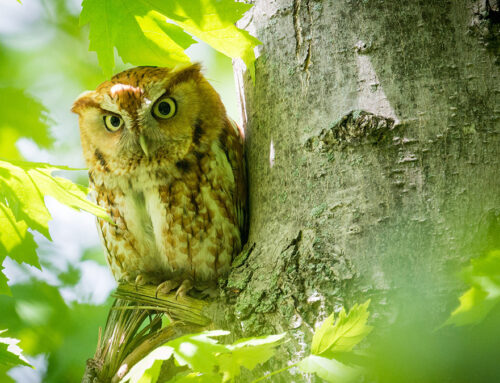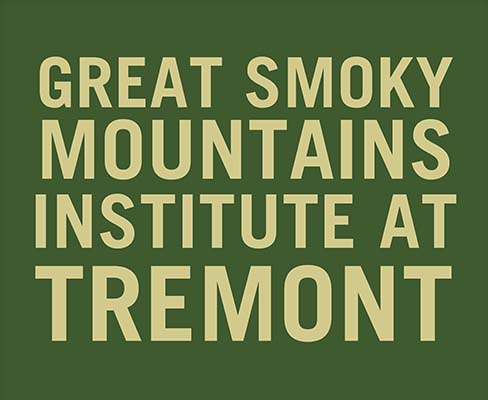Merriam-Webster Dictionary defines “discovery” as “the act of finding or learning something for the first time.” Personally, this is something that, as a student, I seldom encounter in my education. Everything that I know was taught to me either in school or by the internet, and unfortunately discovery seems a lost art.
As a student, I am taught that a learning experience is supposed to be about getting the right answer—and of course, to follow that up with a spectacular report card. When in lab, the student is given a procedure and a question that he or she is supposed to find the answer to. Unfortunately, the student is often less concerned with making a scientific discovery than with asking the teacher and other lab groups for assistance on the quest for the right answer, for the result that will ultimately lead to that good grade. Finding out whether or not a hypothesis is sufficient in resolving the original problem of an experiment often yields apathy in myself and other students because the scientific discovery has already been made by someone else; it is simply part of the predetermined curriculum. Frankly, re-making someone else’s discovery seems trivial, as there already exists a correct answer.
When at Tremont, I was quite literally thrown into the wilderness to conduct my own experiment—the only resources I was given were various measurement devices and nature. My partners and I devised the question, the materials, the procedure, and made our own authentic hypothesis. This was a new challenge for me, and one that I am grateful to have had. In the end, when I had gathered written, palpable results and data from the experiment, I had a moment of confusion, yet simultaneous pride. For all I had known, this experiment was uncharted territory in the world of environmental science, and we had just made a shocking revelation. I was amazed to see what it felt like to make a self-conducted unique discovery. This experience was anything but ‘going through the motions’ attempting to find the right answer; unearthing information that I was not required to pursue felt rewarding.
Education in the sciences can often be uninteresting and cumbersome in school and lab settings, but when freedom to discover is willfully granted, it stirs passion in students. Trial-and-error is an integral part of scientific discovery, and when students can experience an experiment for all that it is, and earn original findings rather than be taught information, students will have more interest in science—and hopefully, be stunned by their own ability to discover.
Written by New York high school student who recently attended Great Smokies Experience Program at Tremont. This program is in partnership with Maryville College.
